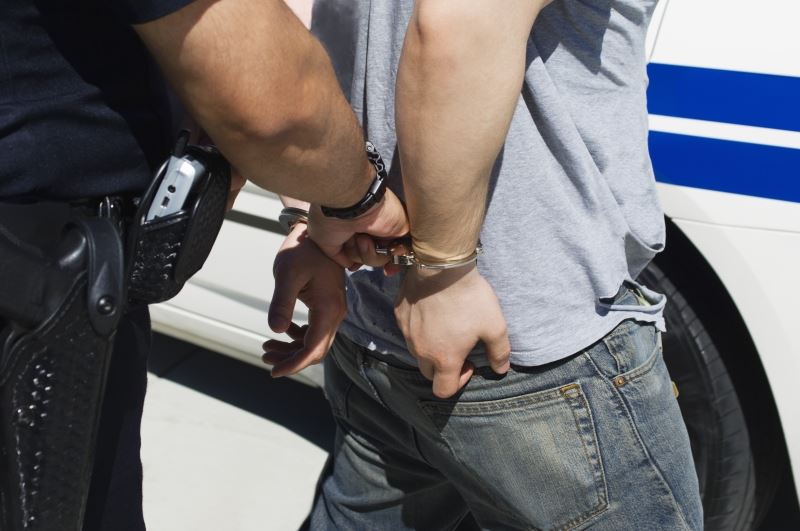Throughout the United States, there are specific procedures that must be followed after a person is arrested and which they can expect to encounter, starting with the reading of their rights and, if the arrest was warranted, ending with conviction.
Miranda Rights
For any case that involves the suspect being put in police custody and under interrogation, the first thing that happens when they are arrested is the reading of their Miranda Rights. Based on the Fifth Amendment that grants every person in the U.S. freedom from self-incrimination, Miranda Rights got their name from the Supreme Court ruling in Miranda v. Arizona. During the appeal process, the court found that the defendant’s Fifth Amendment rights were violated because he was never made aware of them.
It is now a legal requirement that, upon arrest, police officers “Mirandize” the suspect by repeating the following:
You have the right to remain silent. Anything you say can and will be used against you in a court of law. You have the right to an attorney. If you cannot afford an attorney, one will be provided for you. Do you understand the rights I have just read to you? With these rights in mind, do you wish to speak to me?
Please note: If the suspect consents to being questioned without an attorney present, they can always change their mind, and the questioning must, per law, cease until an attorney is present. The suspect is simply invoking their Miranda Rights, and law enforcement officers are prohibited from preventing them from doing so.
Booking
After arrest, the suspect is “booked,” which is also referred to as “processed,” once they have been taken into the custody of the police.
The booking process consists of multiple steps, the first being that the police officer will record the suspect’s contact information and note down any data about the alleged crime. Then, the suspect will stand for their mug shot. All personal property (including personal clothing) is confiscated until they are released. Next, they will be fingerprinted and subjected to a full-body search and a health screening, which may include a blood test. Police officers will also check to see if there are any outstanding warrants on them. Finally, they will be put in a holding cell or the like until bail is posted or until trial.
Charges, Arraignment, Trial, and Beyond
Once the suspect has been booked, the case will proceed to the prosecutor’s office for review. This is where the charges will be determined, as they must be decided promptly in observance of the suspect’s right to a speedy trial. The prosecutor does, however, have the power to modify the charges at any time if they have good reason to.
From here, the arraignment will be scheduled. To “arraign” someone simply means that the court will call them in to answer for the charges brought against them by pleading either guilty, not guilty, or nolo contendere (no contest). How the suspect pleads will greatly affect how the subsequent trial will go, so arraignment is nothing to take lightly.
If you have been arrested in Utah, our defense attorneys at Pearson Butler want to help protect your rights. A criminal conviction can upend your life and may have long-term, negative consequences. In a free consultation, our distinguished lawyers will discuss your options with you and answer any questions you have about your case.
To begin, contact Pearson Butler online or at (800) 265-2314 today.



.jpg)
.jpg)